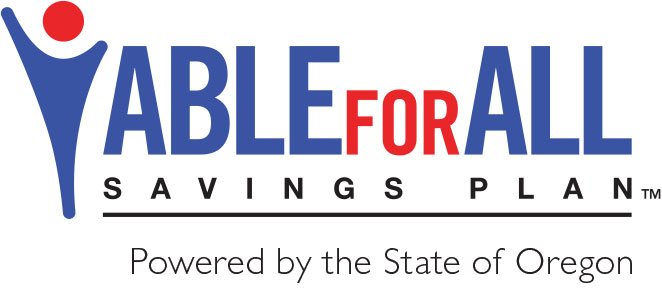Can I still work and have an account?
Yes. With the ABLE to Work Act you can even contribute up to an extra $14,580 (as of 2024) to your ABLE account if you are working, in addition to the yearly contribution limit of $18,000. Keep in mind that ABLE accounts help protect assets from counting against benefit asset limits. They do not protect against the income limits that might be tied to a state or federal benefit. Here are some rules and guidelines you should know about.
Categories: Eligibility

